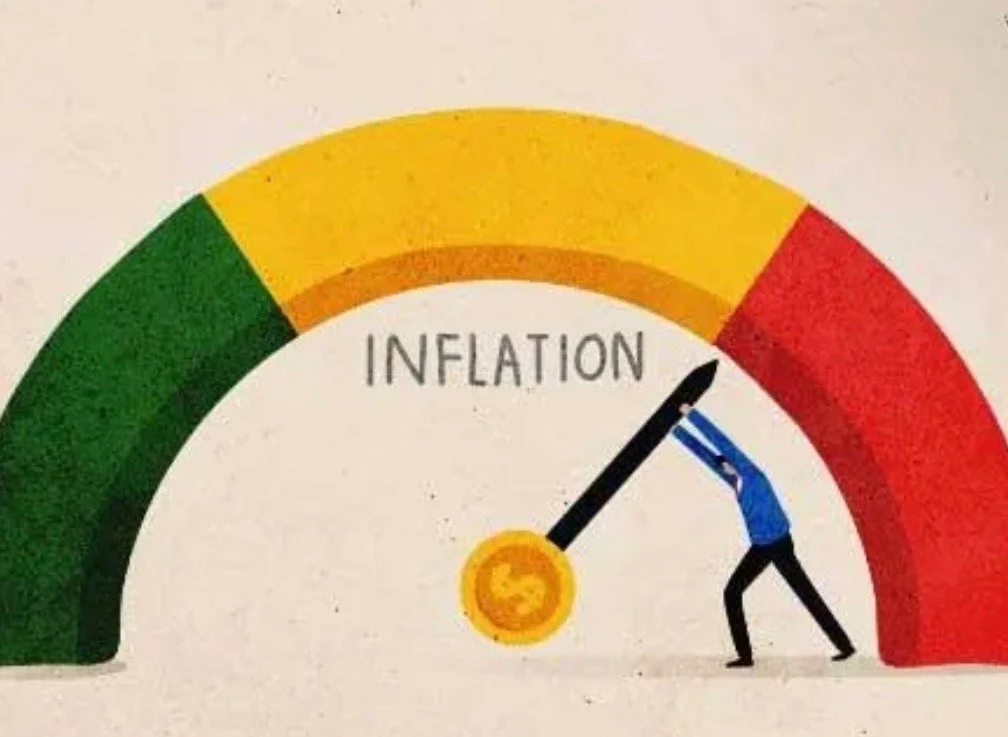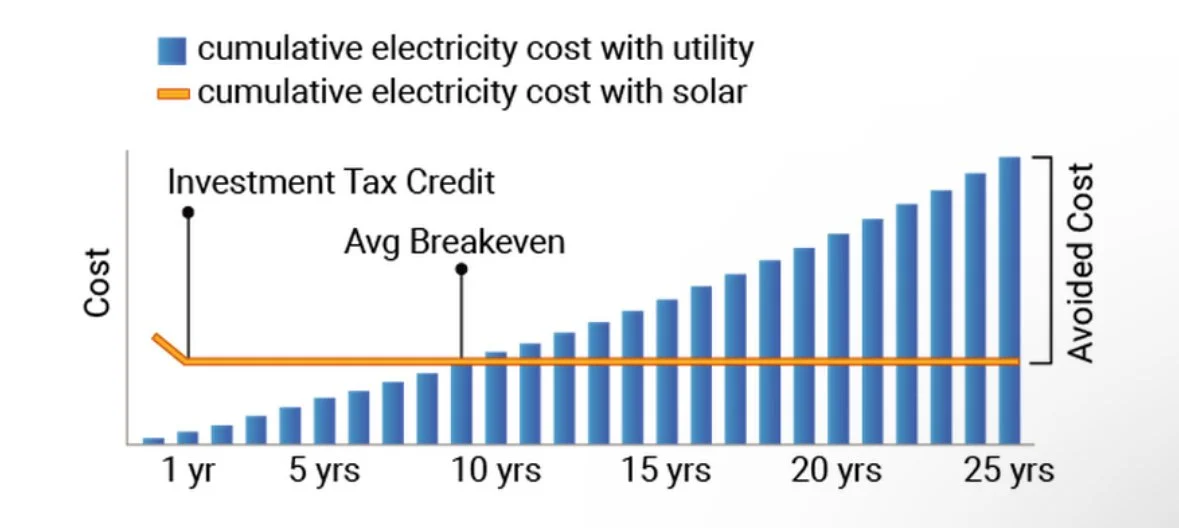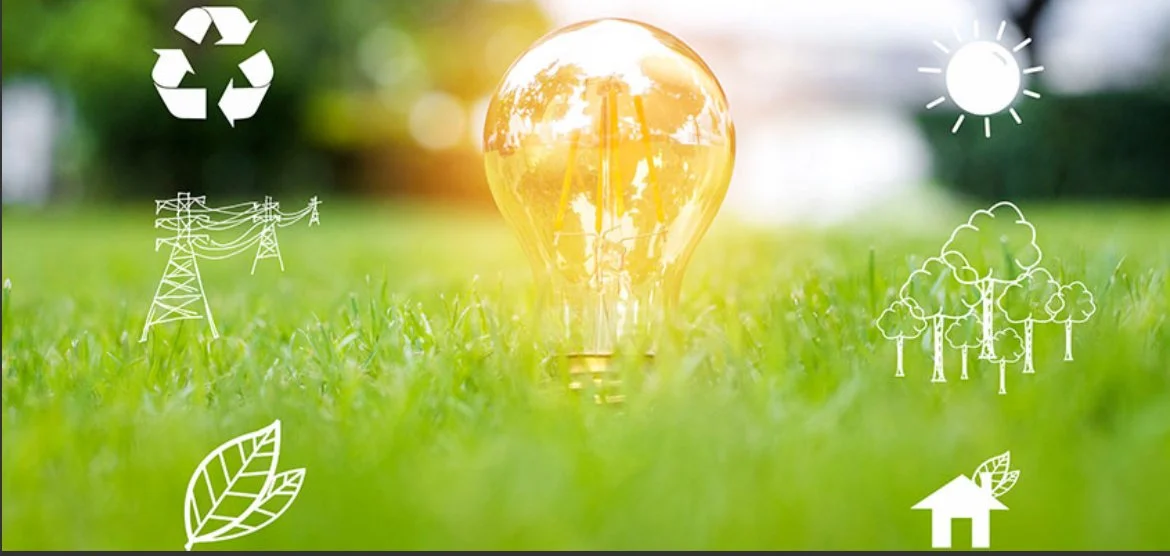Why Go Solar?
Time to make a power move!
In a nutshell, if you could potentially add more value to your home, save money, and add predictability to your bills, why wouldn't you? With each passing day, switching to solar is becoming more and more of a no-brainer. Here are just a few examples of why solar “just makes sense & cents!”
Financial benefits of going Solar
The number one reason (in our opinion) going solar just makes sense. With inflation taking America by storm, and prices for everything on the rise, going solar means more predictable energy costs. By generating your own power, you shield yourself from rising energy prices and market fluctuations, giving you financial peace of mind. When energy cost rise, yours stay the same!
Inflation Inflation Inflation!!!
Electricity Bills
With solar panels, you generate your own electricity, significantly reducing your reliance on the grid. This translates to immediate savings on your monthly bills, at Energy First Solar our top priority is building a personalized solar system that offsets your electric bill 100%. These savings aren’t just for a month or two. Over the years, they add up significantly.
Government Incentives and rebates
Will further reduce your initial investment. The Federal Investment Tax Credit (ITC) allows you to deduct 30% of your solar installation costs from your federal taxes. Plus, many states and local programs offer additional incentives. For example, South Carolina offers a state tax credit worth 25% of the total cost of a solar system, which would give a a total rebate of 55% off total cost! But no matter where you’re located, Energy first Solar will assist you in receiving all available incentives in your state.
Home Value!
Solar panels can boost your home’s value! Studies show that homes with solar systems sell for more than those without (4% on average) Potential buyers are willing to pay a premium for a home with lower electricity bills and sustainable energy.
Environmental benefits of going Solar
Reduced greenhouse gas emissions
Solar panels generate electricity without emitting carbon dioxide or other greenhouse gases, helping to reduce your household’s carbon footprint. This helps combat climate change by minimizing reliance on fossil fuels.
Conservation of water resources
Traditional power generation methods, especially coal and nuclear plants, require large amounts of water for cooling. Solar energy systems do not need water to generate electricity, conserving this vital resource.
Decreased air pollution
Power plants burning fossil fuels release pollutants like sulfur dioxide, nitrogen oxides, and particulate matter into the air, contributing to smog and health issues. Solar energy production is clean, significantly improving air quality.
Reduced dependence on nonrenewable resources
Solar energy is renewable and abundant. By using solar power, households reduce reliance on finite, nonrenewable energy sources such as coal, oil, and natural gas, thus promoting long-term sustainability.
Lower environmental degradation
Mining, drilling, and extracting fossil fuels can damage ecosystems. Solar installations require less land disruption, and once in place, solar panels have minimal impact on the environment.






